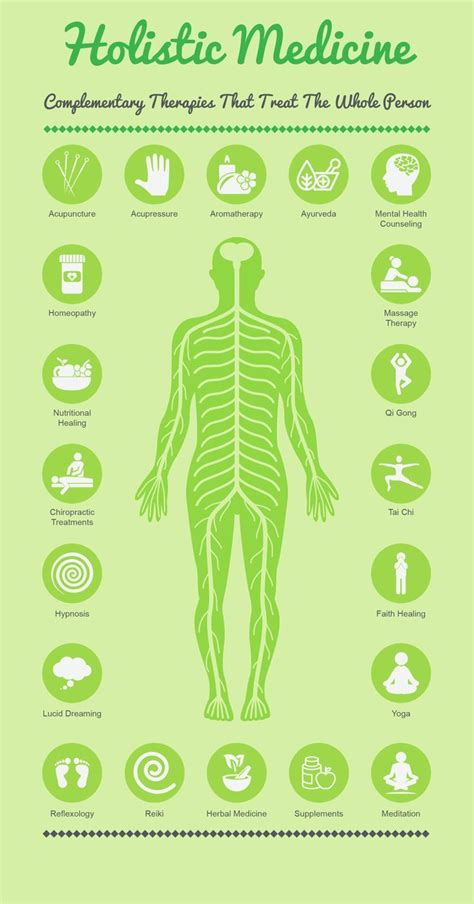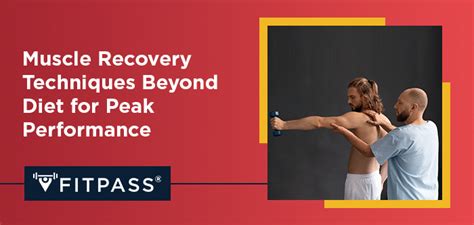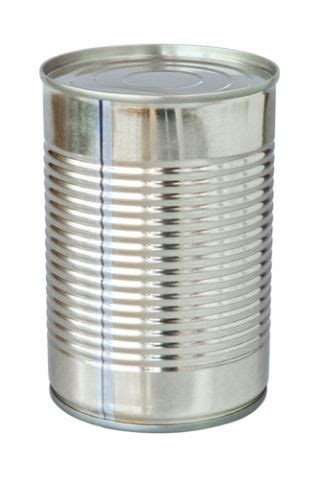Optimize male recovery: What daily habits fuel sustained peak performance?
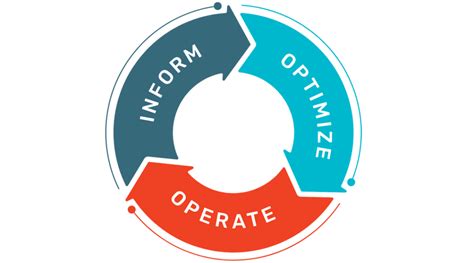
In the relentless pursuit of peak physical and mental performance, men often focus intensely on training and output. However, true sustained excellence isn’t just about what you do in the gym or at work; it’s profoundly shaped by what happens outside of it. Optimal recovery is the secret weapon, the indispensable ingredient that allows the body to repair, rebuild, and adapt, setting the stage for consistent gains and preventing burnout. This article delves into the daily habits that empower men to master recovery, ensuring they operate at their highest capacity, day in and day out.
The Foundation: Quality Sleep
Often overlooked, sleep is the single most powerful recovery tool. During deep sleep cycles, the body repairs muscle tissue, consolidates memories, and regulates hormones crucial for performance, such as testosterone and growth hormone. Aim for 7-9 hours of uninterrupted, high-quality sleep nightly. Establishing a consistent sleep schedule, creating a cool and dark bedroom environment, and avoiding screens before bed are fundamental steps.
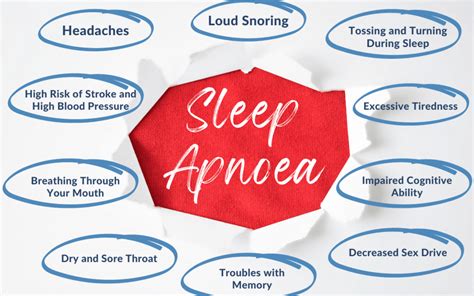
Fueling the Machine: Nutrition for Recovery
What you eat directly impacts your body’s ability to recover. Post-workout, prioritize protein to repair muscle fibers (e.g., lean meats, eggs, whey protein) and complex carbohydrates to replenish glycogen stores (e.g., sweet potatoes, quinoa, oats). Don’t neglect healthy fats (avocado, nuts, olive oil) for hormone production and inflammation control. Hydration is also paramount; consistent water intake throughout the day supports nutrient transport and metabolic processes.
Incorporating micronutrient-rich foods like leafy greens, berries, and diverse vegetables provides essential vitamins and minerals that act as cofactors in recovery pathways and possess powerful anti-inflammatory properties.

Smart Movement: Active Recovery & Mobility
While rest is crucial, complete inactivity isn’t always the best approach. Active recovery—light, low-intensity activities like walking, cycling, or swimming—can improve blood flow, reduce muscle soreness, and flush out metabolic waste without adding significant stress. Incorporating daily mobility work such as stretching, foam rolling, or dynamic warm-ups helps maintain range of motion, prevent injury, and alleviate tension.
Listening to your body and understanding the difference between healthy soreness and pain is key to preventing overtraining. Schedule deload weeks or lighter training days as needed to allow for full systemic recovery.

Mastering the Mind: Stress Management & Mental Wellness
Chronic stress significantly impairs recovery by elevating cortisol levels, which can lead to muscle breakdown, suppressed immune function, and disrupted sleep. Integrating stress-reducing practices into your daily routine is non-negotiable for sustained performance. This could include mindfulness meditation, deep breathing exercises, spending time in nature, or engaging in hobbies that provide mental relaxation.
Prioritizing social connections and taking regular breaks from work also contribute to mental rejuvenation, allowing the nervous system to downregulate and support the body’s natural healing processes.

Strategic Supplementation (Optional but Beneficial)
While a solid foundation of sleep, nutrition, and stress management is paramount, certain supplements can complement these efforts. Creatine, for instance, is well-researched for its role in strength and power, aiding in recovery. Magnesium can improve sleep quality and muscle function. Omega-3 fatty acids (fish oil) offer anti-inflammatory benefits. Always consult with a healthcare professional before starting any new supplementation regimen to ensure it aligns with your individual needs and health status.
Conclusion: Building a Sustainable Lifestyle
Optimizing male recovery isn’t about implementing a single quick fix; it’s about weaving a tapestry of intentional daily habits into your lifestyle. Consistency in quality sleep, nutrient-dense eating, active recovery, and effective stress management creates a robust foundation for sustained peak performance. By prioritizing these often-overlooked aspects of well-being, men can unlock their full potential, not just in their physical pursuits, but across all facets of life, fostering resilience, longevity, and an enduring capacity for excellence.
